October 4, 2023
BCO Awards dominated by South East offices yet again but Glasgow office takes top spot
 Barclays’ Glasgow campus (pictured) was celebrated as the Best of the Best at the British Council for Offices (BCO) National Awards last night, also taking home the prize for Corporate Workplace. Seven further winners of BCO Awards were recognised as leading examples of excellence in workplace design in the UK. There were no winners in any category in the Midlands or North of England, Northern Ireland or Wales, although two offices in Manchester and Widnes were commended and the President’s Award went to HMRC for its ongoing national estate management programme. (more…)
Barclays’ Glasgow campus (pictured) was celebrated as the Best of the Best at the British Council for Offices (BCO) National Awards last night, also taking home the prize for Corporate Workplace. Seven further winners of BCO Awards were recognised as leading examples of excellence in workplace design in the UK. There were no winners in any category in the Midlands or North of England, Northern Ireland or Wales, although two offices in Manchester and Widnes were commended and the President’s Award went to HMRC for its ongoing national estate management programme. (more…)










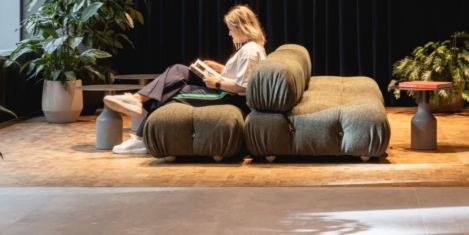
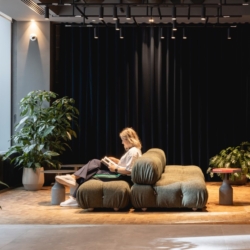




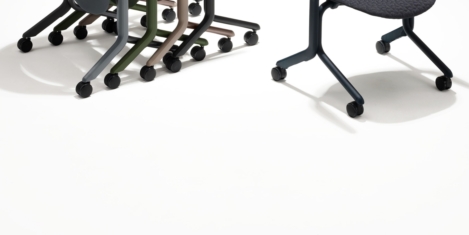
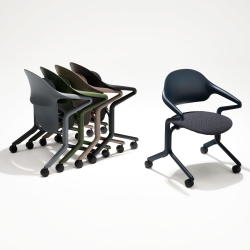


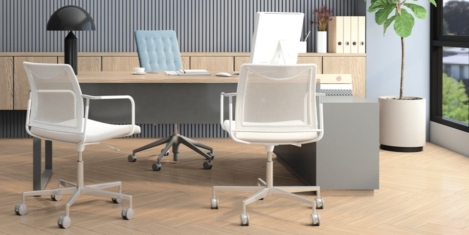




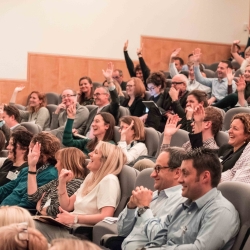








October 5, 2023
From the archive: The way to create a successful workplace is simple, but never easy
by Mark Eltringham • Comment, Flexible working, Technology, Workplace design